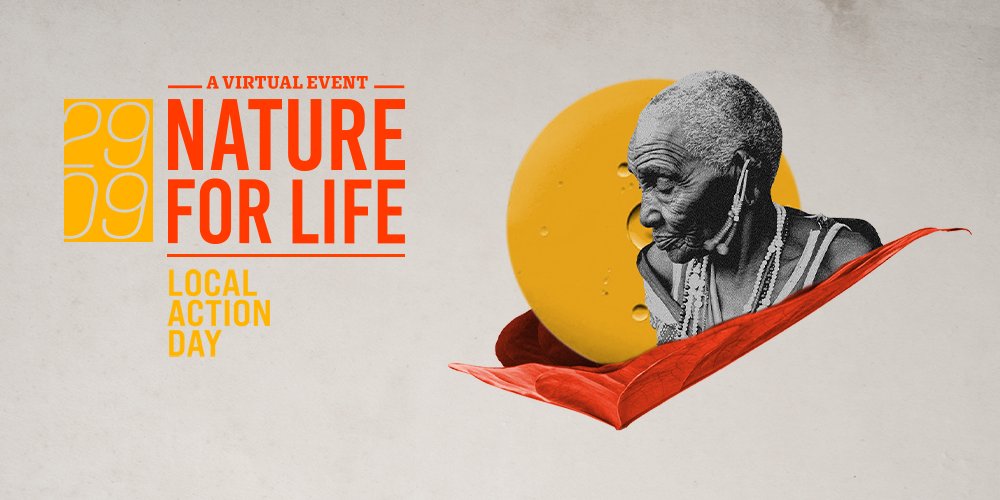Happening now: WCS's Christian Walzer is testifying at virtual US Congressional caucus briefing on wildlife trade, origins of #COVID19, and preventing future #pandemics. Presented by @TheICCFGroup.
Watch:
Watch:
Updated link:
Tune in now. And follow this chain for live updates.
Tune in now. And follow this chain for live updates.
"We cannot neglect to address the root cause of this #pandemic," says @BettyMcCollum04.
We agree. You can check out WCS's policy doc on this: bit.ly/2z6VA5T
We agree. You can check out WCS's policy doc on this: bit.ly/2z6VA5T
We don't know the exact source of #COVID_19 spillover, but we know it's a #zoonotic disease, says @senrobportman.
#COVID_19 will not be the last #zoonotic spillover, says @SenatorTomUdall. This is one of greatest public health challenges before us.
We agree with @SenatorTomUdall: Our recommendations to close commercial wildlife trade & prevent #pandemics do not pertain to subsistence hunting by Indigenous Peoples and local communities for household consumption. For them, there are often few or no other sources of protein.
Among recommendations from WCS's Christian Walzer: end commercial trade of wildlife for human consumption.
Read more: bit.ly/3aaOrhI
Read more: bit.ly/3aaOrhI
"More than 75% of all new infectious diseases in humans have their origin in animals."
We must act now to prevent future #pandemics:
"It is estimated that out of the 1.6 million potential viruses in mammals and birds, 700,000 could pose a future risk to human health if we do not take preventative action now," says Walzer.
"It is estimated that out of the 1.6 million potential viruses in mammals and birds, 700,000 could pose a future risk to human health if we do not take preventative action now," says Walzer.
"If this trade, and large commercial markets for wildlife for human consumption, continue unabated, then the risk of another #COVID19 like pandemic will remain high," says Walzer.
You can read Dr. Walzer's full testimony on wildlife trade, origins of #COVID_19, and preventing future pandemics:
Read more: bit.ly/3cfyat4
Read more: bit.ly/3cfyat4
There is no safe consumption of wildlife on a commercial scale, says WCS's Christian Walzer.
• • •
Missing some Tweet in this thread? You can try to
force a refresh
















